In her post Stop Overplanning, Maria Popova explores the wisdom of uncertainty.
It’s easy to create big goals and detailed to-do lists as a way to cope with the uncertainties we face on a daily basis. But in doing so, we often set ourselves up for failure.
“Indeed, of all the disappointments in life, there is hardly a kind more hazardous to happiness and more toxic to the soul than disappointing ourselves as we fail to live up to our own ideals and expectations.”
We attempt to meet present-moment discontent with bold plans for the future. This appears to manage away our uncertainty, but sets us up with goals that often distract us from the creative potential of the moment. Popova quotes author Oliver Burkeman:
“Faced with the anxiety of not knowing what the future holds, we invest ever more fiercely in our preferred vision of that future — not because it will help us achieve it, but because it helps rid us of feelings of uncertainty in the present.”
Burkeman goes on to challenge the idea that great inventors and entrepreneurs are guided by a driving vision. Instead, he presents research suggesting the opposite:
“The most valuable skill of a successful entrepreneur … isn’t “vision” or “passion” or a steadfast insistence on destroying every barrier between yourself and some prize you’re obsessed with. Rather, it’s the ability to adopt an unconventional approach to learning: an improvisational flexibility not merely about which route to take towards some predetermined objective, but also a willingness to change the destination itself.”
One of the most satisfying practices of facilitation is to resist the urge to fix uncomfortable situations with a process or a solution. Often, if we simply slow down and accept unexpected surprises and pitfalls, the group itself will generate more creative ideas and solutions than we would have rushed to. One of the great unseen practices of facilitation is this willingness to have impulses to do things, and often not act on them.
When there’s a long silence, rather than fill it with a clever question or rush to a break, sit a bit longer and see what happens. When someone interrupts us and we feel like offering a quick fire response to move them on, what if we relax and say, “Tell us more?”. When a group descends into apparent confusion, what if we don’t rush to help but relax and see if they can figure it out for themselves?
Each time we follow this principle, we have to sit with our uncertainties. The fear that people will think we’re incompetent or don’t care. The anxiety that something might go wrong if we don’t act. We find the rewards for these experiments are usually very worthwhile – but it takes practice.
(Photo by John Towner on Unsplash)
